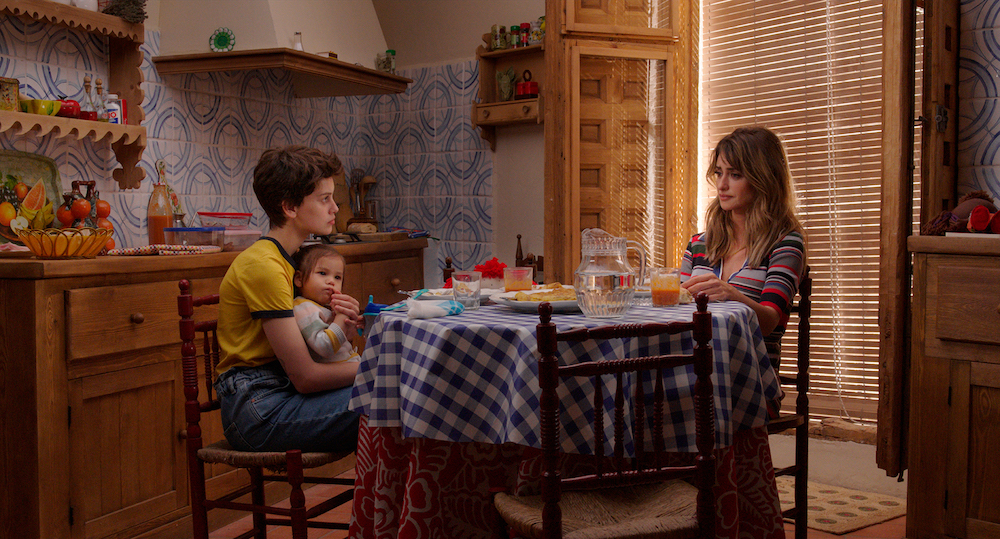Basically: A tale of friendship between two women who meet while giving birth in the hospital.
I honestly don’t know how to write about this film. Pedro Almodóvar isn’t the type of filmmaker you get from the States or the UK where films tend to follow a simple format about a particular subject that goes from A to B to C etc. I first discovered Almodóvar in the 2000s, while I was in my twenties, and his multilayered stories about women were something I’d never experienced before. His films were not like the ones being made here in Hollywood. Almodóvar continues to make these stories of depth for his women characters, which make me take notice.

His newest film, Parallel Mothers, is with his muse Penélope Cruz. It’s the story of two women, one middle-aged and the other a teen, who meet in the hospital while having their babies. They end up becoming friends and forming a bond. Cruz plays Janis, a photographer and single mother who is quite happy to be having a child. The father is a married man and kind of disputes the paternity of the child. Milena Smit plays Ana, a young mother who Janis ends up taking under her wing in many regards. Ana had a traumatic experience that led to her pregnancy.
Like many of Almodóvar’s films, the two leads connect to many other characters: mothers and friends and bosses and distant cousins. Characters intertwine before revelations happen in a way that is perfect soap opera watching but with a cinematic glaze over it. Another thing you watch an Almodóvar film for is how it looks. The way the camera moves through each scene is excellent. Almodóvar’s choice of framing the characters’ interactions and the use of lighting to frame their realizations draw your eyes across the screen.

Each actor falls into their respective role and I can’t say it doesn’t hurt that I’m not as familiar with many of them as I am with the US actors. Cruz is the central figure as we follow her journey of discovering her past and how it relates to her child and her love interest. She pulls you in with each look and reaction. In Spanish films like this she gets to use her true strengths acting-wise, like a shonen hero taking off the weights from their clothing to fight unencumbered.
In terms of films that focus on subjects outside of grand spectacle–even in the glut of Oscar/Awards bait season–Parallel Mothers is one worth seeing. It is good to see great films from other places with different perspectives. And to get one from a magnificent master of the form is a blessing each time it happens.
In the End: Parallel Mothers is a lovely, sprawling yet intimate drama about motherhood, community, and connection. It’s a beautiful film that is worth seeking out and watching as soon as you can.



